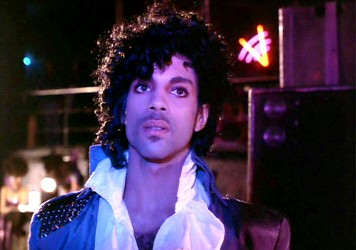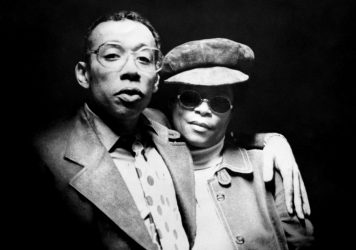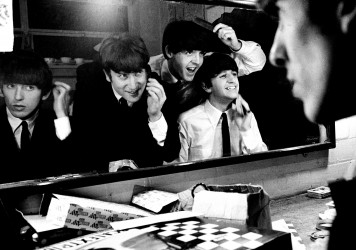Old Slowhand receives the big life documentary treatment, with slightly uninspiring results.
If you’re a slathering Eric Clapton superfan – one of those merry pranksters who scrawled the words “Clapton is God” on the wall of some provincial bus garage way back when – then there’s probably little to be learned from this new hagiography which takes a swift, authorised trawl through the axe hero’s life and times.
The title offers a neat double meaning, connecting Slowhand’s fondness for the classic 12 bar chord sequence of the blues (which he channeled into much of his musical output), and his near-debilitating fondness for alcohol. Would that he were so refined to consume his hooch in a barroom setting: one photograph from the early ’70s depicts him down-and-out in the gutter next to an unmarked bottle of gut rot.
The film is directed and devised by Clapton friend Lili Fini Zanuck, who worked with him way back in 1991 on the film Rush, which featured his devastating comeback single ‘Tears in Heaven’ on its soundtrack. The narrative here is driven by Clapton’s own reminisces, anecdotes and contemplations, though they sound like they were recorded off-the-record on a cheap dictaphone and repurposed for the project. Jumping from early daddy issues to a formative love of guitar music and joining bands such as Cream and The Yardbirds, the film offers over most of its time to the early years, all but skipping past his sober later life.
Deploying the usual grainy archive material and slow-zooms into still photographs technique, the form of this thing is strictly standard issue – none of the superfluous, druggy noodling of the type that helped Clapton cement his name as the gold standard of head-bobbing dino rock. There’s an ambiguity as to whether Clapton is a garden variety moody bugger, or an angular genius who remains in constant personal dialogue with his Fender Stratocaster. Try as the makers might, they do find it tough to make him appear and an exciting subject.
Though he is presented as a very serious man, there are passages here that lapse into the comic, with a few scenes feeling like they’ve been ripped from a belated sequel to Spinal Tap. There’s a sequence in which Clapton forms Derek and the Dominos (makers of the classic single ‘Layla’) which sees a group of pasty-faced session musos congregating around a mountain of hard drugs while casually boasting that, “We just spent all day jamming in the key of E!”
There’s often a sense with the film that it is being open about Clapton’s many lapses of judgement throughout his lifetime, but is always ready and waiting with the fire-bucket to make swift amends. The prolonged episode in which he repeatedly attempted to coax George Harrison’s wife Pattie Boyd into his arms focuses more on Clapton’s puppy love overtures than any pain he caused to either party.
His infamous “wogs out” tirade at a 1976 concert in Birmingham is skimmed over silently and chalked up to his then-rabid drinking problem. (Even though he has gone on the record numerous times since re-stating his support for nationalist politician Enoch Powell.) A sequence dealing with a later-life tragedy involving the accidental death of his four-year-old son is carefully handled and tees up the context for a creative turnaround in the ’90s. In all, the film offers a handy if hardly essential biography, helpful mainly for those lacking the patience to click through Clapton’s Wikipedia profile.
Published 11 Jan 2018
Clapton is heading back into the limelight? Maybe on the back of some new revelations.
Nope. A fan-only affair.
Lightly informative, though the film is as humourless and straight as its subject.

This dramatised concert film from 1984 remains the late singer-songwriter’s mightiest foray into cinema.

The sad story of jazz trumpeter Lee Morgan is revealed in Kasper Collin’s exceptional documentary.

By Ed Gibbs
The Fab Four’s meteoric rise from local grafters to global game-changers is relived in Ron Howard’s emotive doc.